


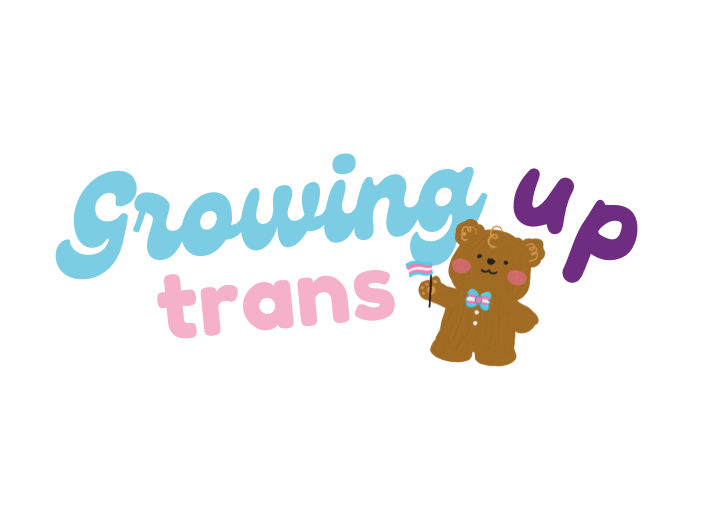
Growing up as a trans youth:
AN INTERNATIONAL LONGITUDINAL QUALITATIVE SURVEY OF YOUNG TRANS PEOPLE'S ACCESS TO CARE, SELF-AFFIRMATION AND WELL-BEING.
Researchers : Annie Pullen Sansfacon, Denise Medico, Sabra Katz-Wise, Damien Riggs, Matthew Carlile, Jason Schaub, Anne-Emmanuelle Ambresin, Manvi Arora. Research assistant and coordinator : Charles-Antoine Thibeault, , Naomie-Jade Ladry, Samuel Champagne, Morgane A. Gelly, Chase Staras, Eli Godwin, 'Kork' Korkodilos, Salem Skelton, Patrick Schmitt. Advisors : Shuvo Ghosh, Nicholas Chadi, Lyne Chiniara, Edward Ou Jin Lee In collaboration with Organisme Jeunes Identités Créatives; Mermaids; Transcend; SAYFTEE; Fondation Agnodice ; The Association for Transgender Health in India (ATHI); funded by Canadian Institutes of Health Research (CIHR)
The aim of this project is to produce longitudinal, prospective and contextualised knowledge about the experiences of trans and non-binary young people and the changes in their gender identity, affirmation and medical needs, paying particular attention to their relationships with family and social dynamics. The aims of the study are:
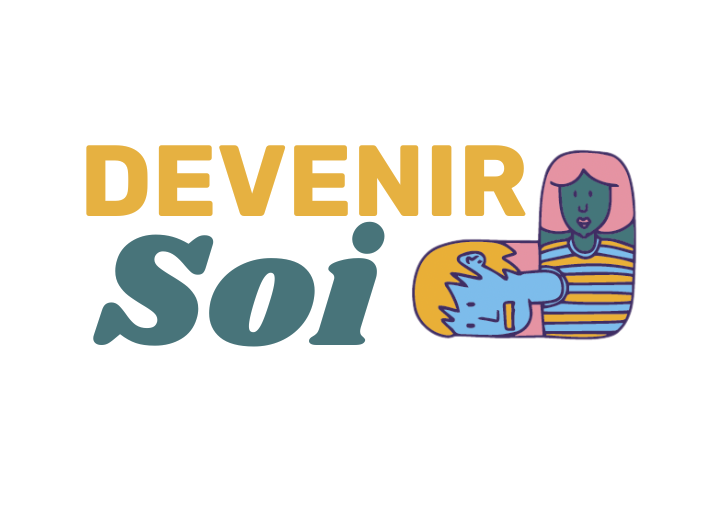
Becoming oneself through surgeries:
CITIZEN EXPLORATION IN TRANSAFFIRMATIVE RESEARCH
Researchers: Claude Amiot, Annie Pullen Sansfacon. Employees: Morgane A. Gelly, Georges Alain Tchango Ngalé, Félix Bélanger et Gabrielle Manzano. Funded by the Fond de Recherche du Québec (FRQ)
The Fonds de recherche du Québec's engagement project (also known as question citoyenne) is an initiative rooted in a training approach by citizen researcher Claude Amiot to answer her research question, which is to better understand the types of medical interventions prioritized by young and not-so-young trans and non-binary (TNB) people who are currently undergoing medical transition or who have questions about it. To date, research has focused mainly on one type of surgery only, and the literature on this subject deserves to be expanded. The project is also supported by Annie Pullen-Sansfaçon, holder of the Canada Research Chair on Transgender Children and their Families (CRCetf). Through duo meetings between Ms. Amiot and Ms. Pullen-Sansfaçon, the first phase of the project introduced Ms. Amiot to scientific research and familiarized her with the environment that needed to be put in place to answer her research question, and bring to fruition this project that fascinates her. Drawing on her vast experiential knowledge, Ms. Amiot's research project is intended to guide the medical interventions that should be prioritized for young trans people throughout Quebec, as well as eventually guiding other research projects to be carried out within the CRC-ReParE.
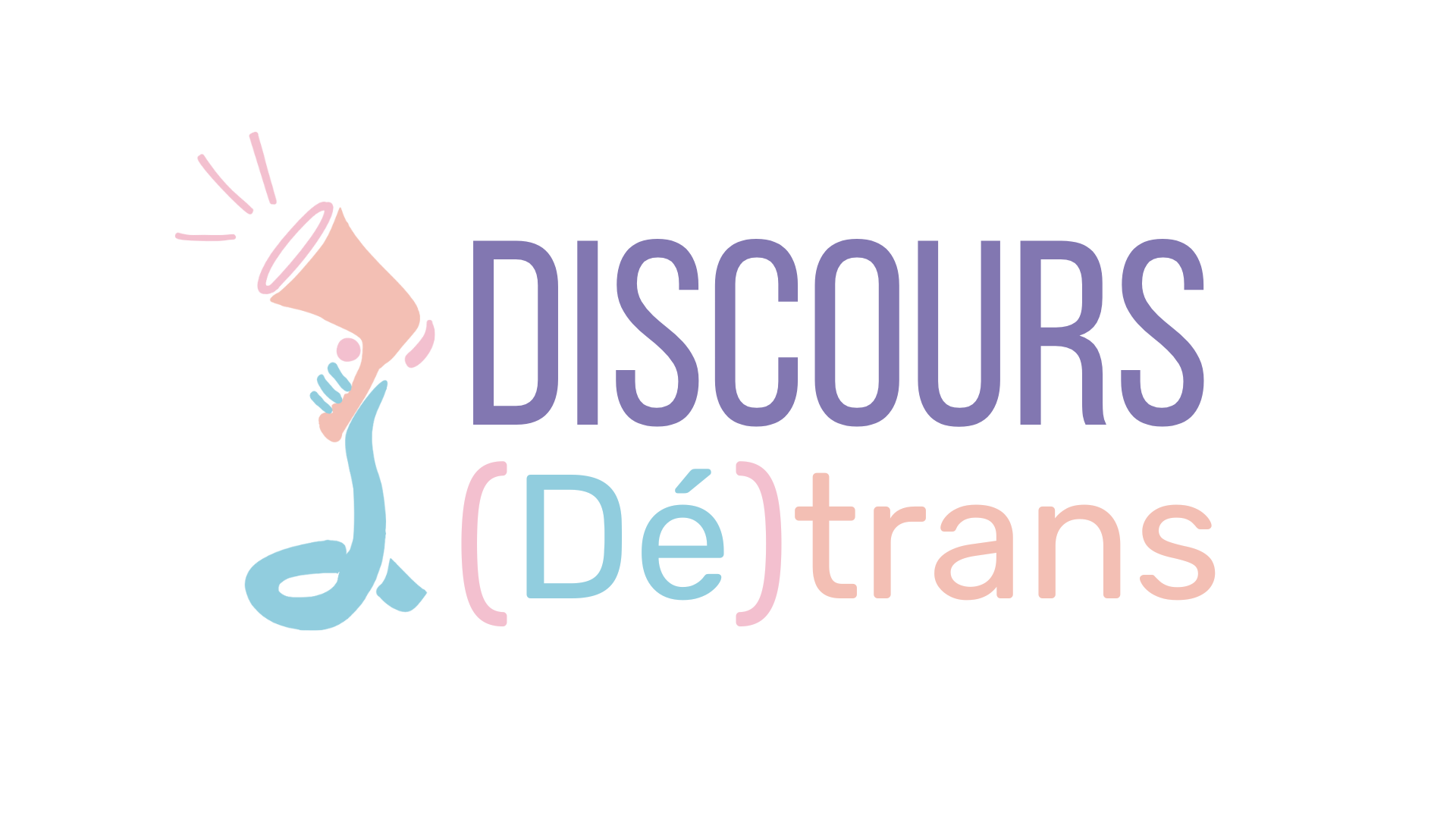
(De)trans Discourses:
FOR A TRANS-AFFIRMATIVE UNDERSTANDING OF THE PHENOMENA OF DISCONTINUOUS GENDER TRANSITIONS AMONG YOUNG PEOPLE WITH TRANS AND NON-BINARY GENDER BACKGROUNDS
Researchers : Annie Pullen Sansfaçon (UdeM), Denise Médico (UQAM), Alexandre Baril (UOttawa), Mélanie Millette (UQAM), Olivier Turbide (UQAM). Coordonator : Morgane Gelly (UdeM). Employees : Tommly Planchat (UdeM), Edith Paré-Roy (UQAM), Élio Gravel (UdeM), Elya Chartrand-Deschamps (UQAM), Sidonie Atgé-Delbays (UdeM), Marielle Aithamon (UdeM). Collaborators : Françoise Susset (Meraki Health Center), August Paradis (Consultant), Gender Creative Kids Organization. Funded by SSHRC.
Over the past decade, we've heard more and more about young people who self-identify as trans (whose gender does not correspond to the one assigned at birth). In order to live in accordance with their gender identity, some young people make a legal, social or medical transition. While most young people seem to be continuing with these transitions, a small proportion say they have or want to "de-transition" or discontinue the transitions they have begun. This phenomenon, although poorly documented in scientific research, is widely reported in social media, blogs and press articles. Rooted in a fluid and intersectional trans-affirmative approach, the study offers a fresh look at the notion of detransition, taking into account the dynamic and fluid aspect of the gender affirmation process, as well as the multiple factors of oppression that can interweave and interact with the experience of young trans people.
 Mathieu Boivin, doctoral student in applied human sciences
Mathieu Boivin, doctoral student in applied human sciences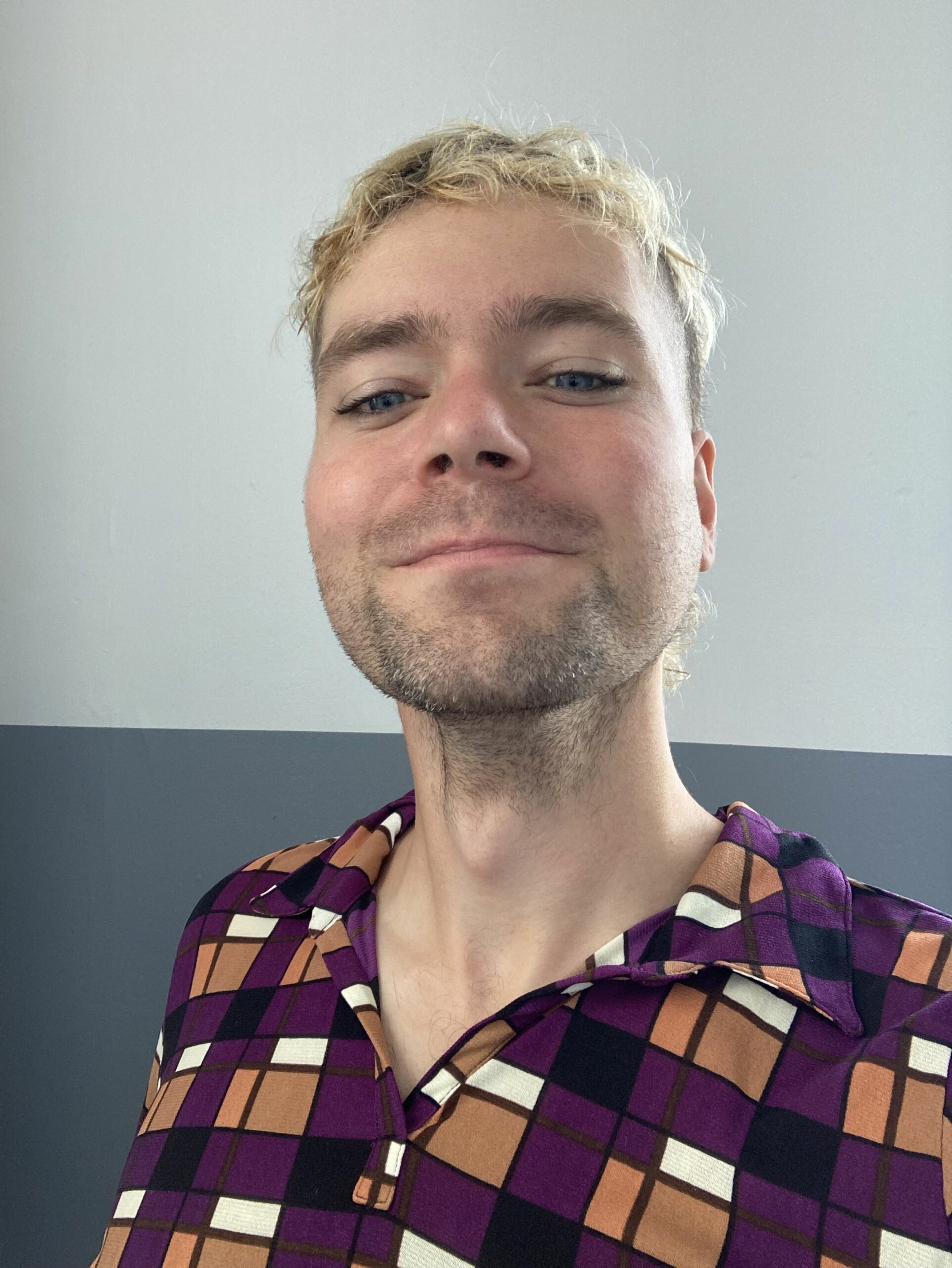

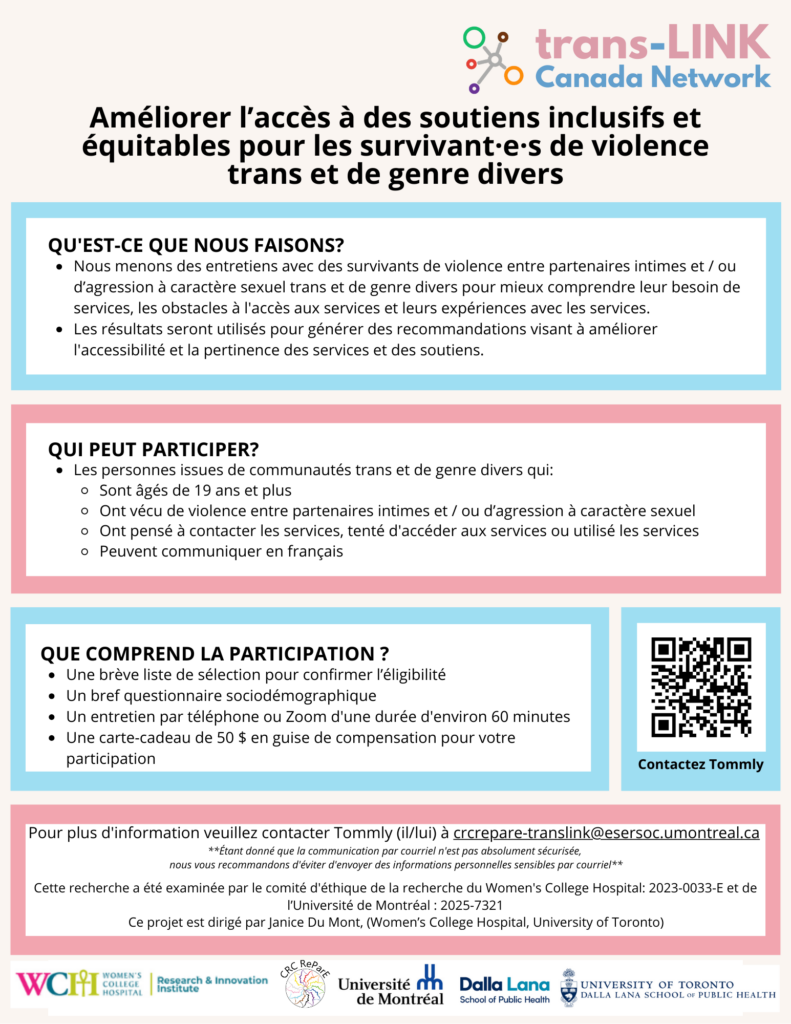 Download posters (Instagram)Download poster (PDF)Mail contact
Download posters (Instagram)Download poster (PDF)Mail contactQu'est-ce que nous faisons ?
Nous menons des entretiens avec des survivant·e·s de violence entre partenaires intimes et / ou d’agression à caractère sexuel trans et de genre divers pour mieux comprendre leur besoin de services, les obstacles à l'accès aux services et leurs expériences avec les services.
Les résultats seront utilisés pour générer des recommandations visant à améliorer l'accessibilité et la pertinence des services et des soutiens.
Qui peut participer ?
Les personnes issues de communautés trans et de genre divers qui:
-Sont âgé·e·s de 19 ans et plus
-Ont un vécu de violence entre partenaires intimes et / ou d’agression à caractère sexuel
-Ont pensé à contacter les services, tenté d'accéder aux services ou utilisé les services
-Peuvent communiquer en français
Que comprend la participation ?
Une brève liste de sélection pour confirmer l’éligibilité
Un bref questionnaire sociodémographique
Un entretien par téléphone ou Zoom d'une durée d'environ 60 minutes
Une carte-cadeau de 50 $ en guise de compensation pour votre participation
Cette recherche a été examinée par le comité d'éthique de la recherche du Women's College Hospital: 2023-0033-E et de l’Université de Montréal : 2025-7321
Ce projet est dirigé par Janice Du Mont, (Women’s College Hospital, University of Toronto)